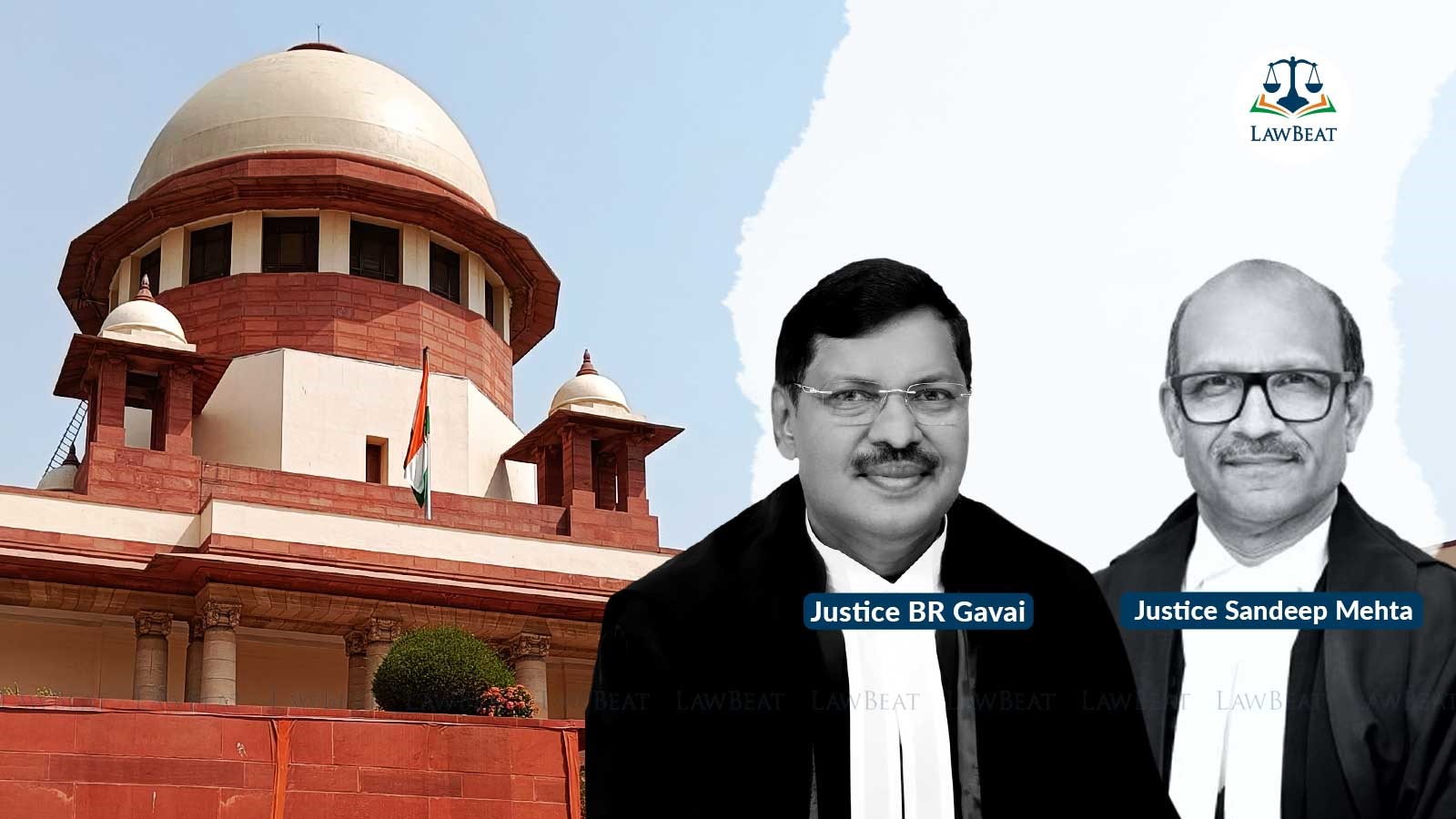'HC allowed writ petition in hot haste, without formal notice,' SC allows plea related to construction of primary school

SC bench said the order passed by the High Court which allowed smacked of “arbitrariness” and “perversity”
The Supreme Court has on March 11, 2024 came down heavily upon the Allahabad High Court's single judge which allowed a writ petition against allotment of land for constructing a government school, without even a formal notice to all the parties involved.
A bench of Justices B R Gavai and Sandeep Mehta quashed and set aside the single judge's order of July 3, 2019 having found it to be suffering from "patent illegality, perversity and having been passed in sheer violation of principles of natural justice".
The court also noted the original writ petitioners concealed filing of two writ petitions before the High Court.
Acting on a writ petition by Avinash and two others, the High Court had quashed a resolution passed by land management committee and approved by the state authorities for construction of a school in Lalganj in district Azamgarh.
The primary school already existing over there was found to be falling on the proposed alignment of the National Highway and accordingly, it was demolished for the purposes of construction of the highway.
On a request by the villagers, the NHAI agreed to construct another school and started the work on a piece of land granted by the authorities.
The respondents, Avinash and Ramjee approached the HC by filing a PIL. The division bench dismissed the petition on October 27, 2018, saying the objection was nothing but an attempt to interfere in public work.
They again filed a fresh plea to restrain the NHAI authorities from constructing the primary school. The division bench held since the dispute related to landed property, it could not be adjudicated upon by High Court in exercise of powers conferred under Article 226 of the Constitution.
Concealing filing two petitions, the respondents again preferred yet another petition challenging the resolution of land management committee and its approval. They in fact filed a declaration before the High Court that it was the first writ petition of its kind.
The High Court seemed to have acted in hot haste as it summoned the standing counsel of the UP government and asked him to obtain instructions and posted the matter for consideration next day. Without issuing formal notice, the HC allowed the petition, the bench noted.
Before the top court, the respondents, the original writ petitioners, filed the counter affidavit but did not appear to contest the matter.
The appellant contended the school in question has already been constructed and is operational on the disputed plot of land.
After going through the facts, the bench said, "We are persuaded to hold that the order passed by the High Court smacks of arbitrariness and perversity."
The court pointed out the writ petition filed claiming title on the disputed plot of land was taken up in hot haste and was allowed without issuing formal notice to all the respondents.
"Even the State authorities were not given proper opportunity of filing a counter. The standing counsel was instructed to appear without any formal notice being issued and was given a single day’s opportunity to present the factual report. Based on the factual report and noting the oral submissions of the writ petition came to be allowed by the High Court," the bench said.
In fact, the writ petition deserved to be dismissed with exemplary cost as petitioners had apparently made false and misleading averments that no previous writ petition had been filed craving similar relief, the court said.
The court said it refrained from imposing cost here as no one appeared to defend the respondents. It finally allowed the appeal against the High Court's order.
